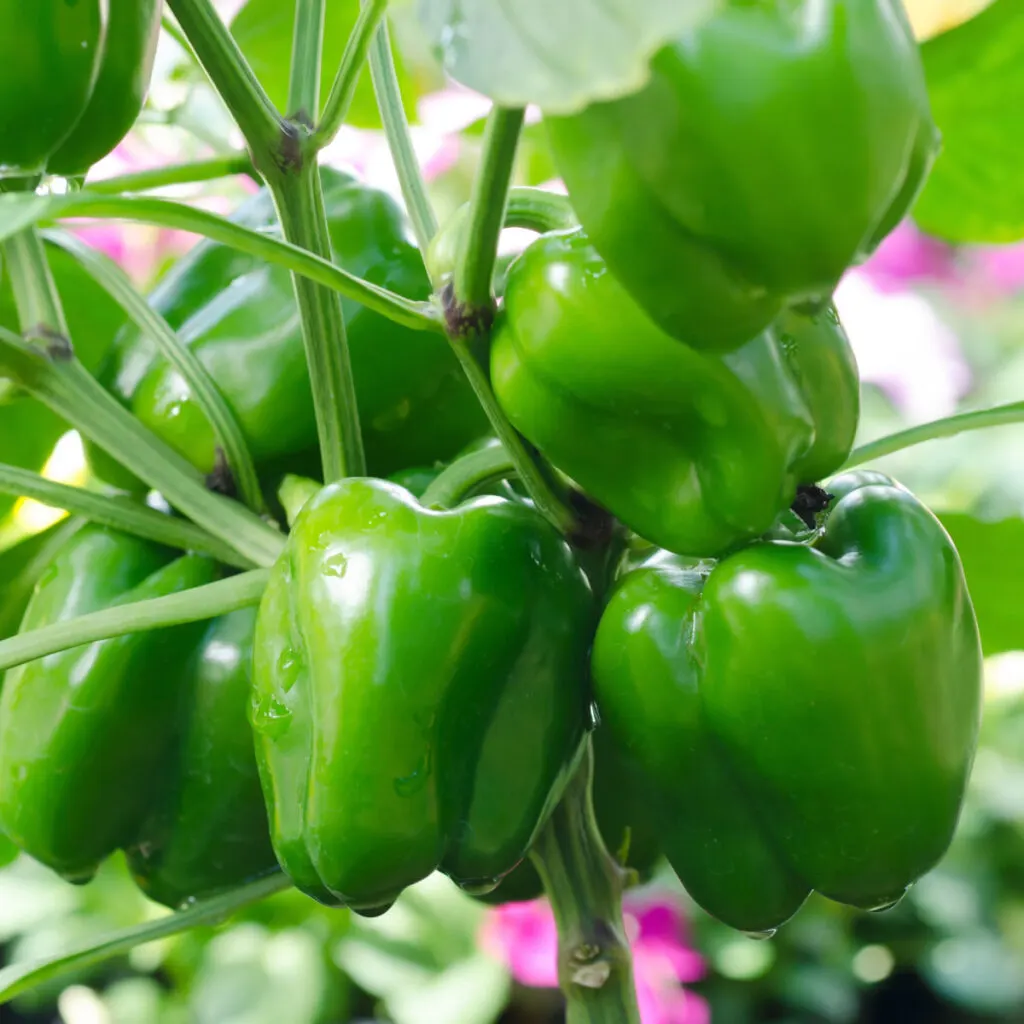Best Fertilizers for Peppers: Optimize Plant Health and Return
Best Fertilizers for Peppers: Optimize Plant Health and Return
Blog Article
Organic Vs. Synthetic Fertilizers: Which Is Best for Nurturing Healthy And Balanced Pepper Plants?
In the world of nurturing healthy and balanced pepper plants, the selection in between artificial and organic plant foods stands as a critical choice with significant implications. While both choices objective to provide necessary nutrients to sustain plant growth, the subtleties of their impact on the soil, plant health and wellness, and the setting stimulate a discussion that mirrors throughout the horticulture community. Understanding the unique benefits and possible risks of each fertilizer type is critical for pepper farmers looking for to maximize their yields while keeping an eco-conscious and sustainable method.
Benefits of Organic Plant Foods
Organic plant foods supply an environmentally-friendly and lasting strategy to nourishing pepper plants, providing essential nutrients without using artificial chemicals. These natural fertilizers are originated from organic sources such as compost, manure, bone meal, and algae, advertising soil health and biodiversity. Unlike artificial plant foods, organic options launch nutrients slowly, making certain a well balanced and consistent supply for pepper plants to thrive.
One significant benefit of organic plant foods is their capacity to boost dirt framework and water retention. By improving soil health, natural fertilizers advertise helpful microbial activity, which aids in nutrient uptake by pepper plants. In addition, natural fertilizers lower the threat of chemical run-off, safeguarding water sources from pollution and guarding the atmosphere.
In addition, natural plant foods contribute to lasting dirt fertility by advertising the development of valuable soil microorganisms. These microorganisms assist damage down raw material, releasing nutrients in a kind that is conveniently available to pepper plants. best fertilizers for peppers. By cultivating a healthy dirt ecological community, natural fertilizers support lasting pepper cultivation practices that benefit both plants and the setting
Downsides of Synthetic Fertilizers
Artificial plant foods, in comparison to their organic counterparts, posture numerous downsides when used to nourish pepper plants, impacting both plant health and environmental sustainability. One major downside of artificial fertilizers is their propensity to seep nutrients from the dirt quickly.
Additionally, the overuse of synthetic fertilizers can add to water pollution. Excess plant foods not soaked up by plants can wash away right into water bodies, causing eutrophication, where algae flowers deplete oxygen degrees in the water, hurting marine life. Furthermore, artificial fertilizers are usually stemmed from non-renewable resources, such as nonrenewable fuel sources, adding to carbon discharges and environmental deterioration throughout their manufacturing.
Nutrient Absorption Contrast
Efficient nutrient absorption plays an essential function in the general health and development of pepper plants. When comparing artificial and organic fertilizers in terms of nutrient absorption, natural fertilizers have the benefit of supplying a more balanced and slow-release resource of nutrients (best fertilizers for peppers). Organic plant foods have a range of macro and micronutrients that are not just helpful for the plants but likewise promote healthy and balanced soil microbial activity, which helps in nutrient uptake. On the various other hand, artificial plant foods commonly give a quick launch of nutrients, which can cause leaching and runoff, resulting in lower nutrient absorption prices by the plants.
Moreover, organic fertilizers enhance soil framework and water retention capacity, permitting pepper plants to access nutrients a lot more successfully. This enhanced dirt top quality promotes origin development, allowing pop over to this site far better nutrient absorption. Synthetic fertilizers, although at first increasing plant development because of their high nutrient concentrations, might prevent long-lasting nutrient absorption her response by derogatory soil wellness over time.
Environmental Influence Considerations

On the various other hand, artificial fertilizers, although usually even more concentrated and quickly offered to plants, can have damaging effects on the environment otherwise used effectively (best fertilizers for peppers). Their production requires high power inputs, bring about greenhouse gas discharges and contributing to climate modification. Furthermore, the overflow of excess artificial plant foods can contaminate water sources, causing eutrophication and hurting water ecological communities.
Best Plant Food Practices for Peppers
To accomplish this, it is essential to adhere to ideal fertilizer practices customized to the details demands of pepper plants. One essential practice is to execute a soil examination before using any type of plant foods.
Another crucial practice is to feed pepper plants at the correct time. Usually, peppers gain from obtaining fertilizer at planting and after that again when they start to blossom. Over-fertilizing can cause vitamins and mineral imbalances and hurt the plants, so it is vital to comply with recommended application rates.
Furthermore, selecting a balanced plant food with an NPK proportion that matches pepper plants' demands is basic. Eventually, combining find artificial and natural fertilizers judiciously can aid support healthy pepper plants while lessening environmental influence.
Verdict

Organic plant foods supply a lasting and environmentally-friendly technique to beneficial pepper plants, offering essential nutrients without the usage of synthetic chemicals. Unlike artificial fertilizers, organic choices launch nutrients slowly, making certain a balanced and constant supply for pepper plants to thrive.
Artificial fertilizers, in contrast to their organic equivalents, pose various disadvantages when used to nurture pepper plants, influencing both plant health and environmental sustainability. When contrasting artificial and organic plant foods in terms of nutrient absorption, natural fertilizers have the benefit of offering a more well balanced and slow-release resource of nutrients.Additionally, natural fertilizers boost dirt structure and water retention ability, allowing pepper plants to accessibility nutrients a lot more effectively.
Report this page